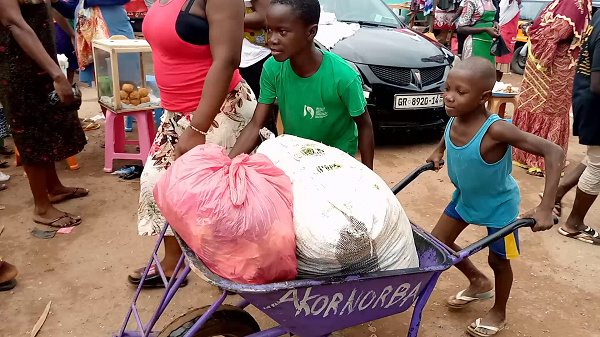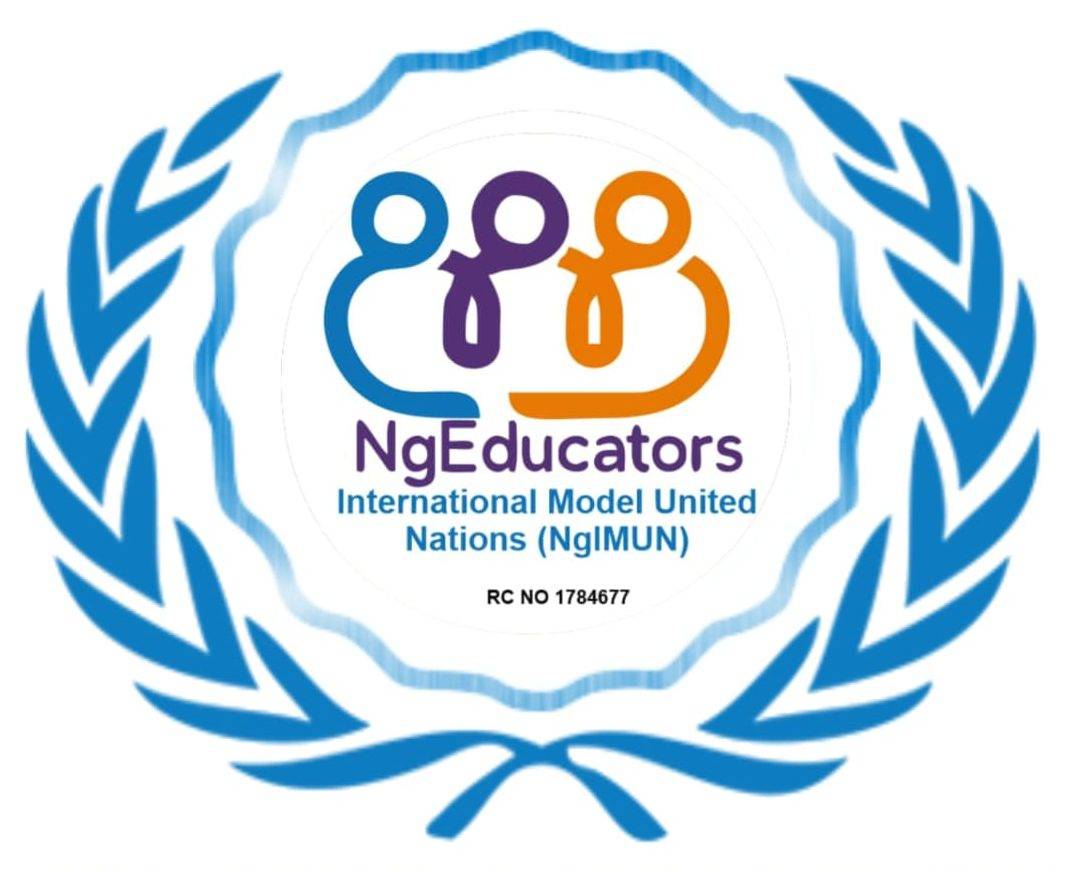What is the NgIMUN ENUGU 2024 governance structure?
The preparations for the Summit are supported by a multi-tier administrative structure.
On behalf of the NgIMUN President, the NgIMUN Vice President, Dr Nawal Yaghi, is overseeing the conference preparations.
She is supported by the Abuja Situation Room Director of the IHRC, Chief Fred Chidozie Eze, who is responsible for mobilizing and engaging with key partners and will help place the conference high on the international political agenda with a view to generating concrete commitments.
An NgIMUN Task Team, chaired by the Senior Programmes Director Dr. Maimoona Salim will provide a platform for all relevant UN entities to engage and cooperate effectively.
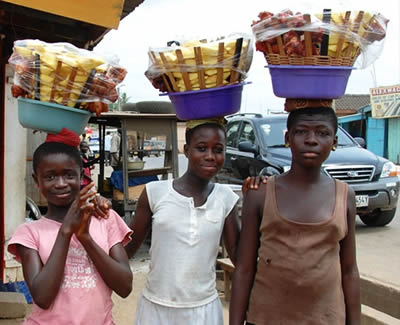
A Conference Advisory Committee will offer strategic guidance to all actors and stakeholders leading up to the event.
The Conference Secretariat, hosted and led by the Enugu State Hon. Commissioner for Education, Prof. Ndubueze Mbah, will provide support to the Conference preparations and related activities throughout the whole process.
Two States Commissioners and a Civil Society Stakeholder representative will act as Co-Leads for each Action Track, backstopped by the NgIMUN Support Team to ensure an open and transparent process.
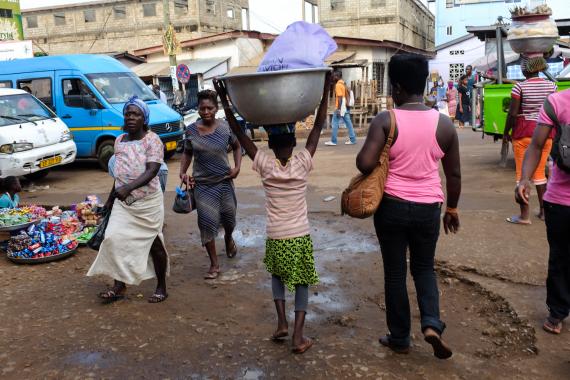
What kind of engagement and inputs are expected from civil society?
Deep and sustained public support and engagement from all stakeholders, particularly young people and civil society, is essential, given the speed and scale of change needed to achieve SDG 4 targets and to reimagine education.
One of the main Conference work streams is public engagement through two main approaches:
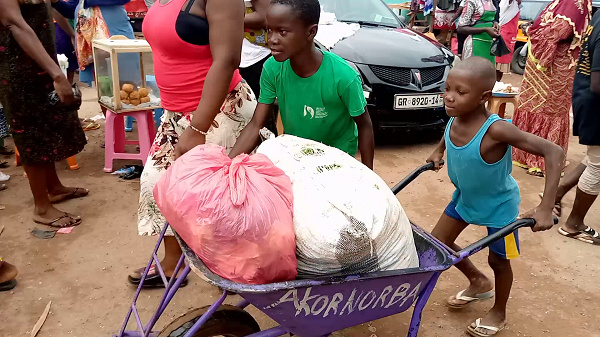
Engaging youth and children from the outset through the Conference preparations and
increasing public support both at the global and country levels through inclusive, youth-led mobilization efforts. To ensure their engagement, civil society representatives have been invited based on their ability to represent their group, their capacity to engage in high-level policy discussions and decision-making, and their pro-activeness in leading on the development of their groups. With the support from the Conference Secretariat, States Government in Nigeria will also be able to suggest and vet invited representatives during the whole conference process. The work is led by Mrs. Eunice Kpadoo Abodaa NgIMUN’s Director, International Cooperation Social Development & Diplomatic Representative.

Mrs Abodaa will engage further the youths. Youth engagement is at the heart of the NgIMUN ENUGU 2024 for the Development of Education in Developing Countries, as the voices of young people are essential to forging a path to transforming education.
A Youth Declaration has been developed in the lead-up to the Conference. It is a collective process facilitated by the Office of the NgIMUN’s President Envoy on Youth together with the Conference Secretariat and a number of partners to gather young people’s inputs on what transforming education should look like, outline a set of recommendations to policymakers, and highlight young people’s collective commitments and actions. The Youth Declaration will be presented to the NgIMUN ENUGU 2024 Secretary General at the NgIMUN ENUGU 2024 Conference. Young people all over the world are encouraged to shape and influence this crucial document.
At the Conference, a youth-led and youth-organized Mobilization Day will end the conference proceedings on 8th June, 2024. On this day young people will share their commitments and views on transforming education with decision-makers through meaningful intergenerational dialogues including with education champions and education authorities.

Speakers and all debates will be on the topics listed below:
- Diversity in Global Contexts
- Education & Socio-Economic
- Development
Education & Development: Local & Global/Domestic & International - Education: Public & Private Partnerships
- Economics & Management of Education
- Literacy: Poverty & Sustainability
- Innovation & Value
Sub-themes
Plenary Committees to make Submissions are organised into the following sub-themes:
- Teaching & Learning
Learning Experiences, - Student Learning & Learner Diversity
- Teaching Experiences, Pedagogy, Practice & Praxis
- Assessment Theories & Methodologies
- Curriculum Design & Development
- Adult, Lifelong & Distance Learning
- Education & Difference: Gifted Education, Special Education, Learning Difficulties & Disability
- Interdisciplinary, Multidisciplinary & Transdisciplinary Education
- Educational Structures
Educational Policy, Leadership, Management & Administration - Educational Research, Development & Publishing
- Professional Training, Development & Concerns in Education
- Primary & Secondary Education
- Higher Education
- Community & Society
Education, Sustainability & Society: Social Justice, Development & Political Movements - International Education, Language & Culture
- Language Development & Literacy
- Foreign Languages Education & Applied Linguistics
- Challenging & Preserving: Culture, Inter/Multiculturalism & Language
- Mind, Brain & Psychology: Human Emotional & Cognitive Development & Outcomes within Educational Contexts
- Counselling, Guidance & Adjustment in Education
- Innovation & Technology Design, Implementation & Assessment of Innovative Technologies in Education
- Nurturing Creativity & Innovation: New, Innovative & Radical Education
- Knowledge Creation, Preservation & Access: Curation, Librarianship, Information & Archival Science
